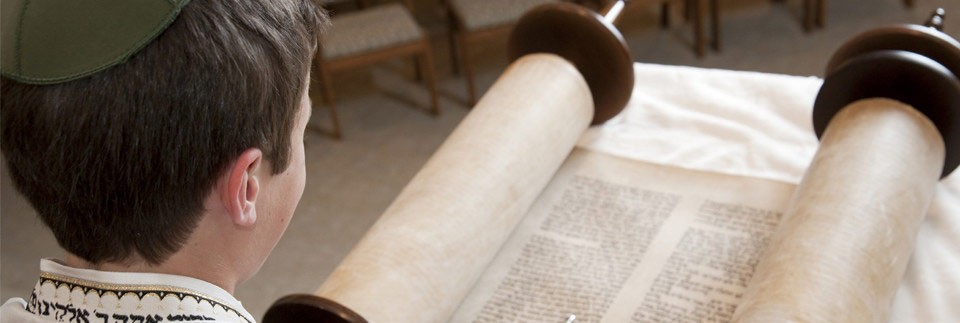We all maybe have been to Barmitzvah’s or Batmitzvah’s but do we actually know What is a Barmitzvah?
“Bar Mitzvah” literally means “son of the commandment.” “Bar” is “son” in Aramaic, which used to be the vernacular of the Jewish people. “Mitzvah” is “commandment” in Hebrew. “Bat” is daughter in Hebrew (The Ashkenazic pronunciation is “bas”). Technically, the term refers to the child who is coming of age, and it is strictly correct to refer to someone as “becoming a BarMitzvah or Batmitzvah.”
Jewish law states that when Jewish children reach 13 years of age for boys and 12 years of age for girls, they become responsible for their actions, and “become a Bat/Bar Mitzvah” (English: Son/ Daughter of the commandment). Jewish children become obligated to observe the commandments. It is akin to a coming of age. Therefore this is the reason that we celebrate a Barmitzvah.
In Orthodox Jewish observance, the occasion of becoming a Bar Mitzvah involves the young man being called to read the Torah, a Haftarah portion, or both at a Shabbat or other service (Thursday morning, Monday morning or a festival) when the Torah is read, and it may also involve giving a d’var Torah, a discussion of that week’s Torah portion.
Interestingly although it is common to undertake the above Torah portion and a celebration is likely, no ceremony is needed to confer these rights and obligations. It is not required, and does not fulfill any commandment. The Barmitzvah or Batmitzvah is a relatively modern innovation, not mentioned in the Talmud, and the elaborate ceremonies and receptions that are commonplace today were unheard of as recently as a century ago.
The Barmitzvah formally, publicly marks the assumption of that obligation, along with the corresponding right to take part in leading religious services, to count in a minyan (the minimum number of people needed to perform certain parts of religious services), to form binding contracts, to testify before religious courts and to marry.
It varies between communities, between Synagogues and individual children what is recited. It is common practice for the Barmitzvah to do much more than just say the blessing. Alongside the Torah portion, it is common to recite the Haftarah and even lead part of the weekly service.
In modern times, the religious service is followed by a reception that is often as elaborate as a wedding reception. As a major life-cycle event, it is understandable that modern Jews enjoy celebrating the occasion. But just like the wedding ceremony is much more central than the wedding party, it is important to remember that the party is simply the celebration marking the religious implications of becoming a Barmitzvah.
True! Among some Jews, a man who has reached the age of 83 will customarily celebrate a second Barmitzvah, under the logic that in the Torah it says that a “normal” lifespan is 70 years, so that an 83-year-old can be considered 13 in a second lifetime.
Myth! It is certainly not, as one episode of the Simpsons would have you believe, necessary to have a Barmitzvah in order to be considered a Jew.




